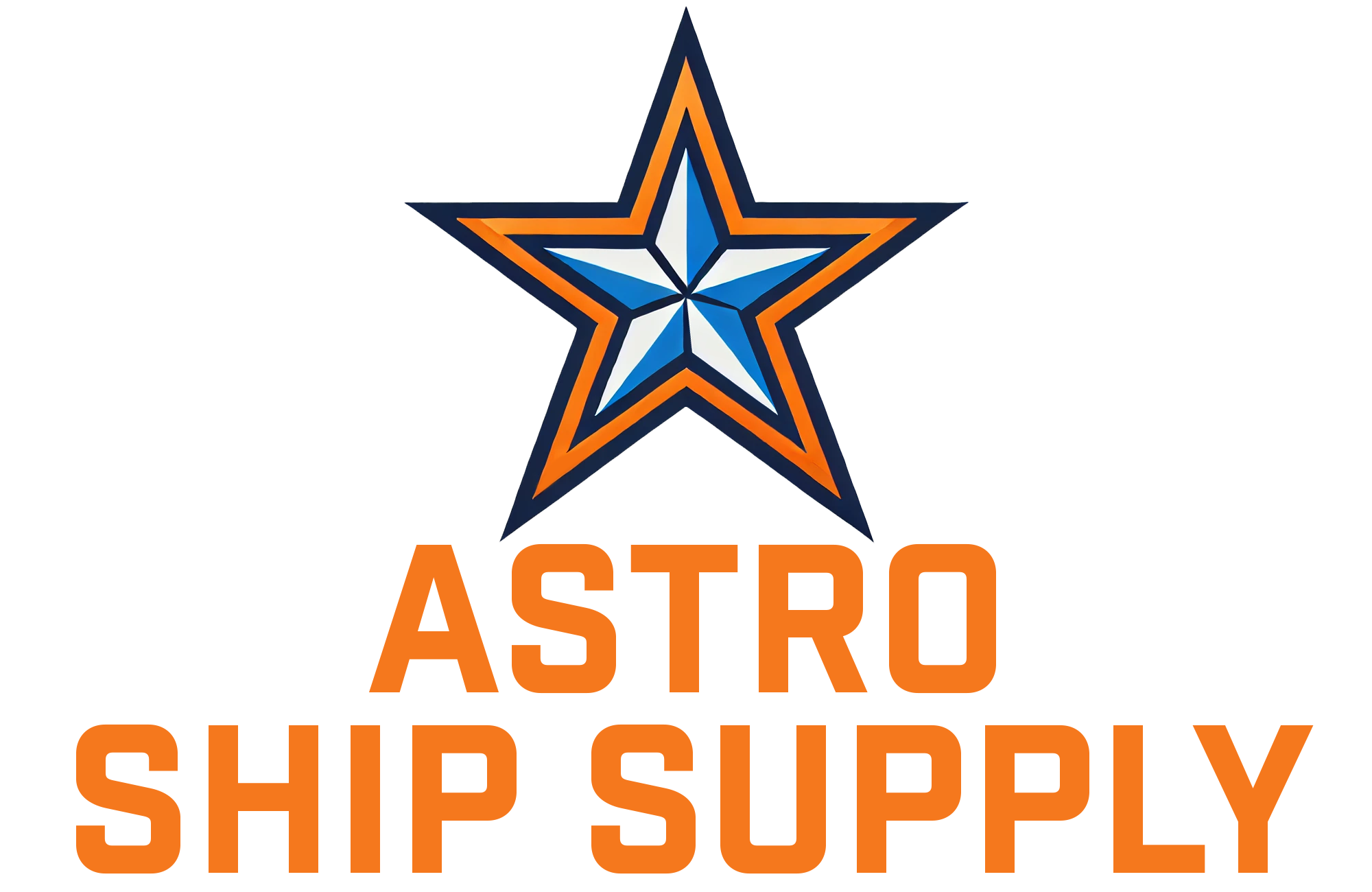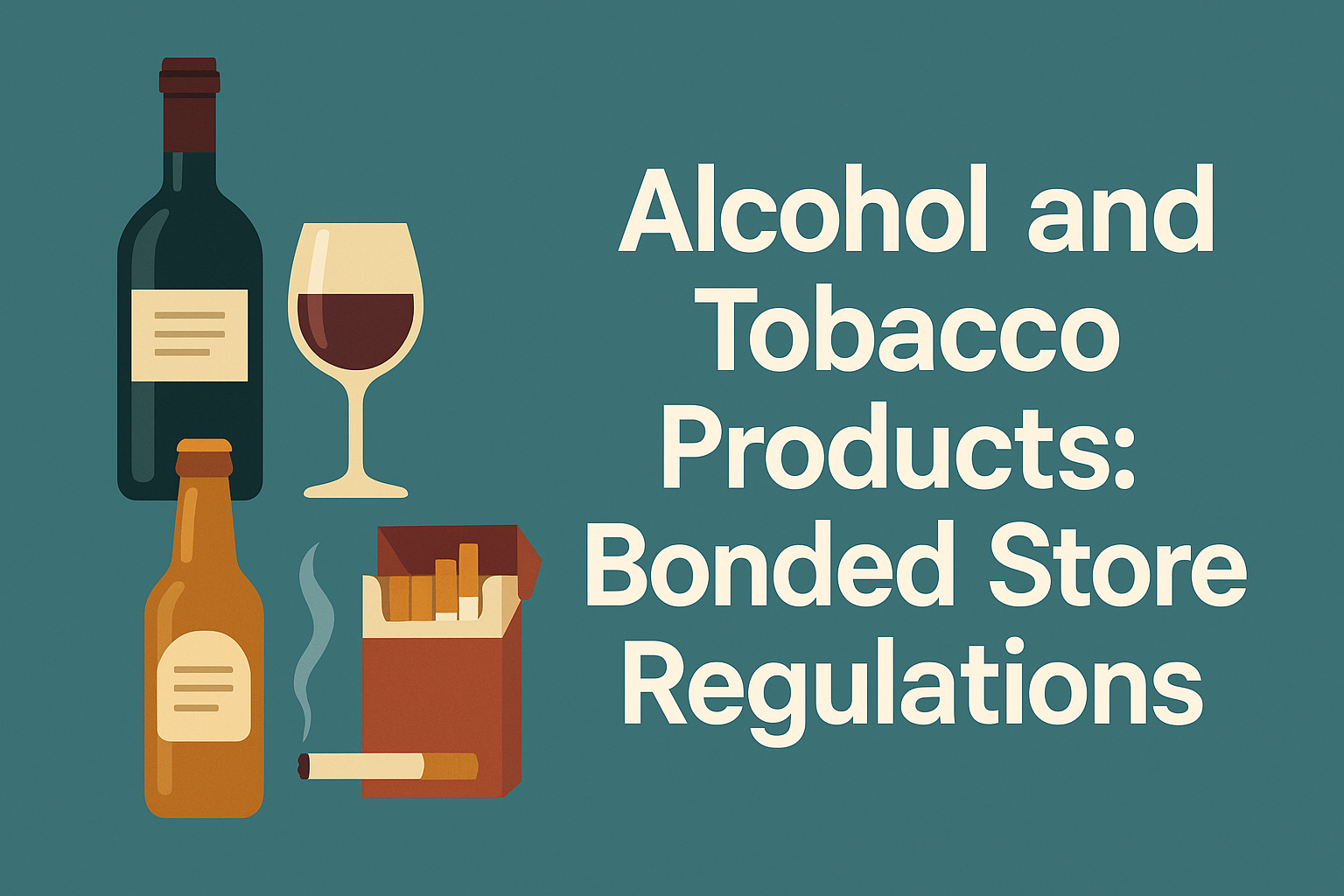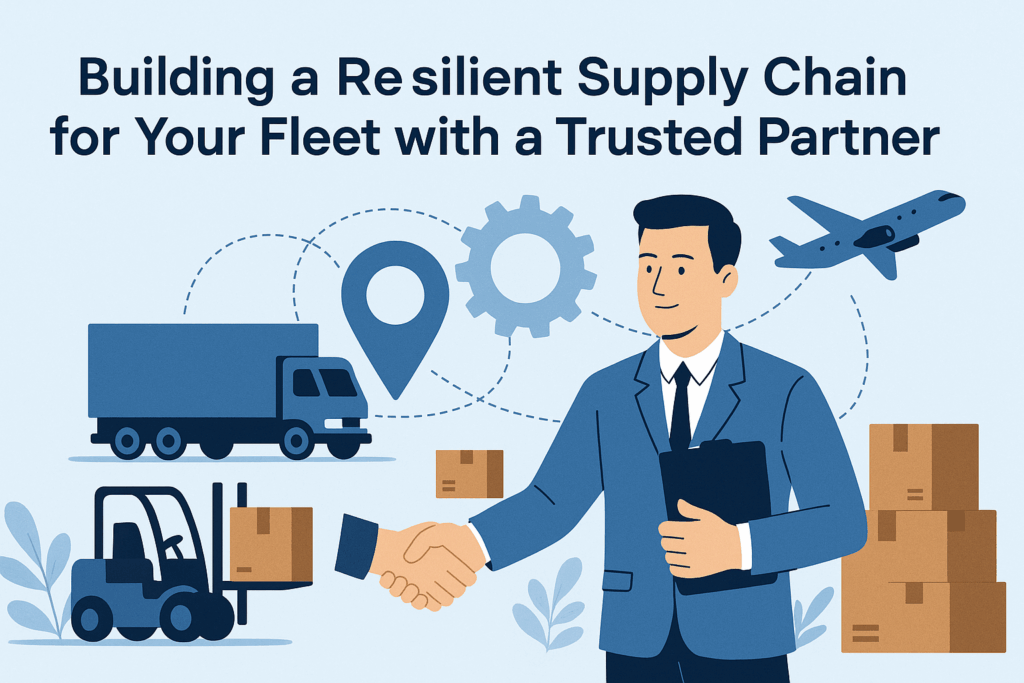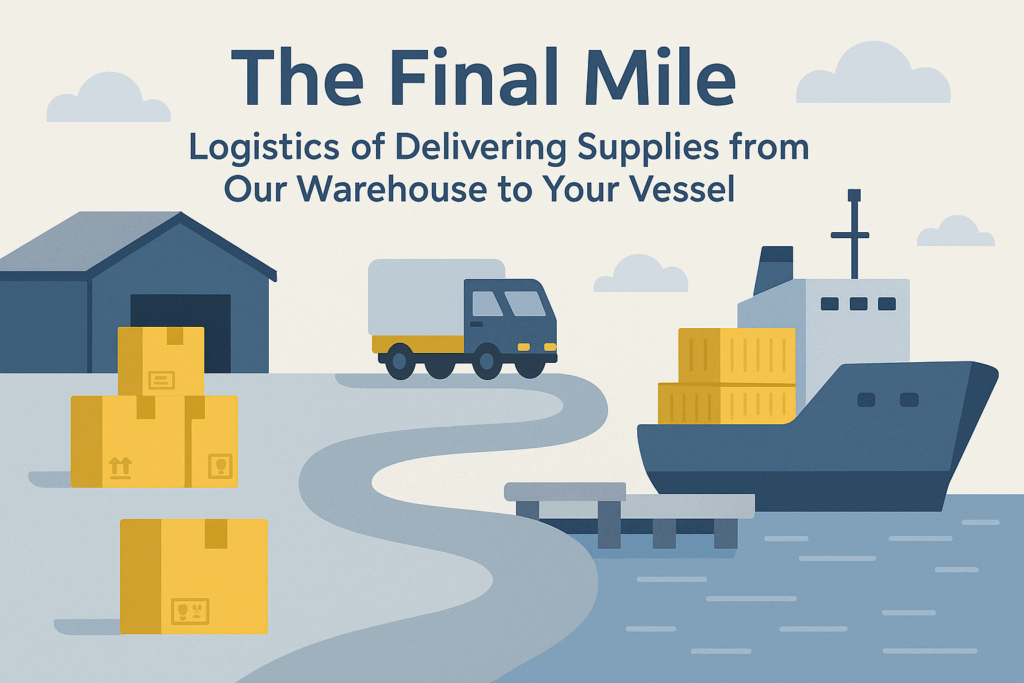The Critical Role of Bonded Stores in Maritime Operations
For vessels traversing international waters and calling at various ports, the efficient management of onboard supplies is paramount. Central to this is the concept of the bonded store, a secure space holding goods like alcohol, tobacco, confectionery, and perfumes, intended for consumption or use by the crew and passengers outside the customs territory of any single nation. These items are ‘in bond,’ meaning they haven’t cleared customs and are generally exempt from duties and taxes, provided they remain sealed and controlled according to strict regulations. While seemingly straightforward, managing bonded stores – especially those containing high-value, heavily regulated items like alcohol and tobacco – requires meticulous attention to detail and a deep understanding of complex international and local laws. Failure to comply can lead to significant penalties, delays, and operational disruptions.
At Astro Ship Supply, we specialize in providing comprehensive bonded store services, ensuring your vessel remains compliant and well-stocked. Understanding the nuances of alcohol and tobacco regulations is key to leveraging the benefits of bonded stores without falling foul of the authorities.
Why Alcohol and Tobacco Demand Special Attention
Alcohol and tobacco products are consistently among the most sought-after items in a ship’s bonded store. They serve as morale boosters for crews on long voyages and are often expected by passengers on cruise ships. However, their high duty rates and potential for illicit trade mean they are subject to the strictest controls by customs authorities worldwide.
- High Revenue Potential for Governments: Taxes and duties on alcohol and tobacco are significant revenue sources, making authorities vigilant against smuggling or improper diversion.
- Health and Social Regulations: Many countries impose controls on these goods for public health reasons.
- Risk of Diversion: The value of these goods makes them targets for theft or illegal sale ashore.
Therefore, navigating the specific regulations governing these products is not just advisable; it’s essential for smooth port calls and uninterrupted voyages.
Navigating the Regulatory Maze: Key Rules for Bonded Alcohol and Tobacco
Compliance hinges on understanding a multi-layered system of international agreements and national laws. While specifics vary, core principles remain consistent.
International Frameworks and Principles
While no single global treaty dictates all bonded store rules, international customs conventions establish principles for goods in transit and temporary admission. Critically, the International Ship and Port Facility Security (ISPS) Code plays an indirect but vital role. While focused on security threats, its requirements for access control, secure areas, and monitoring directly impact how bonded stores must be managed and protected against unauthorized access or tampering.
United States Regulations: A Complex Landscape
Operating in U.S. waters or calling at U.S. ports requires adherence to specific federal regulations, primarily enforced by U.S. Customs and Border Protection (CBP).
U.S. Customs and Border Protection (CBP)
CBP oversees the entry, exit, and control of all goods, including bonded stores on vessels. Key requirements include:
- Declaration: Accurate declaration of all bonded stores, including precise quantities of alcohol and tobacco, is mandatory upon arrival via specific CBP forms (like the CBP Form 1303 Ship’s Stores Declaration). Discrepancies can lead to seizures and fines.
- Sealing: CBP officers may require bonded stores, particularly alcohol and tobacco lockers, to be sealed while the vessel is in U.S. territorial waters or ports. Breaking these seals without authorization is a serious offense.
- Inventory Control: Maintaining meticulous records of all additions (deliveries from ship chandlers) and withdrawals (issues to crew) is crucial. These records must be available for CBP inspection.
- Quantity Limits & Permissible Use: While technically duty-free, quantities must be reasonable for the crew size and voyage duration. Goods are intended for consumption *outside* U.S. territory (typically once the vessel is in international waters). Taking bonded items ashore is generally prohibited or heavily restricted and subject to local duties and taxes.
- Secure Storage: CBP expects bonded stores to be kept in a securely locked compartment accessible only by designated ship officers (usually the Master).
Working with a knowledgeable ship chandler like Astro Ship Supply, familiar with CBP requirements, is vital for ensuring compliance documentation is accurate and complete upon delivery.
Alcohol and Tobacco Tax and Trade Bureau (TTB)
While the TTB primarily regulates alcohol and tobacco produced or imported for domestic sale within the U.S., its regulations influence the supply chain. Suppliers providing bonded stores must ensure the products sourced meet all relevant standards if they originate from or pass through the U.S. domestic market before being designated as ship’s stores.
State and Local Considerations
While federal law governs customs and bonded status, state laws (e.g., Texas regulations via the Texas Department of State Health Services concerning consumables) might apply to the shore-side supply chain or if bonded items are improperly brought ashore. Port authorities may also have specific rules regarding the handling or delivery of bonded goods within their jurisdiction.
Comparative Glance: US vs. EU Approaches (Simplified)
While harmonization efforts exist, differences remain:
| Aspect | United States (CBP Focus) | European Union (General Approach) |
|---|---|---|
| Primary Control | Focus on sealing stores upon arrival in territorial waters/ports. Strict declaration and inventory checks. | Emphasis on Union Customs Code (UCC). Control often focuses on preventing goods from entering the EU market duty-unpaid. Sealing practices vary by member state. |
| Documentation | Specific CBP forms required (e.g., 1303, potentially 3171 for movements). Detailed manifests. | Standardized customs declarations (e.g., SAD). Proof of export/use outside EU territory required. |
| Crew Allowances Ashore | Generally highly restricted or prohibited for bonded items. Subject to standard traveller allowances if purchased duty-paid. | Varies by member state. Often strict limits on taking bonded items ashore. Standard duty-free allowances apply separately. |
| Enforcement | CBP has strong enforcement powers, including fines, seizures, and vessel delays. | National customs authorities enforce UCC and national rules. Penalties can be severe. |
Note: This is a simplified comparison. Specific regulations can vary significantly between EU member states.
The High Cost of Non-Compliance: Risks and Consequences
Ignoring or misunderstanding bonded store regulations for alcohol and tobacco can have severe repercussions:
- Hefty Fines and Penalties: Customs authorities can impose substantial monetary fines for inaccurate declarations, broken seals, or missing inventory.
- Seizure of Goods: Non-compliant alcohol and tobacco products are subject to confiscation.
- Vessel Delays and Detention: Investigations into compliance issues can delay a vessel’s departure, incurring significant operational costs (demurrage, missed schedules).
- Loss of Privileges: Repeated violations could lead to increased scrutiny or loss of certain customs facilitation privileges for the vessel or company.
- Criminal Charges: In cases of deliberate smuggling or large-scale fraud, criminal prosecution of officers or crew members is possible.
- Reputational Damage: Compliance issues can damage the reputation of the shipping line and its officers.
Best Practices for Managing Bonded Alcohol and Tobacco
Proactive management is key to avoiding regulatory pitfalls.
Maintain Accurate and Detailed Records
Implement a robust inventory system. Every bottle of spirits, every carton of cigarettes must be accounted for from receipt to issuance. Logs should track:
- Date and quantity received (cross-referenced with supplier invoices).
- Date, quantity, and recipient (crew member name/ID) of items issued.
- Running inventory balance.
- Records of any seals applied or broken (with authorization).
These records must be precise, up-to-date, and readily available for inspection.
Ensure Secure Storage and Access Control
Bonded stores, especially alcohol and tobacco, must be kept under lock and key in a dedicated, secure compartment. Access should be restricted to the Master or designated officers. This aligns with ISPS Code principles and prevents pilferage or unauthorized access, which could lead to compliance breaches.
Understand and Enforce Quantity Limits
Be aware of:
- Reasonable Quantities: Ensure the total amount onboard aligns with the crew size and voyage length. Excessive amounts raise red flags.
- Issuance Limits: Implement and enforce strict limits on the quantity of alcohol and tobacco issued to individual crew members per day or week.
- Port Restrictions: Educate the crew that bonded items cannot be taken ashore without facing customs duties and potential penalties.
Partner with a Reliable and Knowledgeable Ship Chandler
Choosing the right supplier is arguably one of the most critical steps in ensuring compliance. A reputable ship chandler like Astro Ship Supply provides more than just goods; they offer expertise and assurance.
- Regulatory Expertise: They understand CBP, ISPS, and international requirements specific to bonded stores.
- Accurate Documentation: They provide correct invoices, manifests, and declarations compliant with port regulations.
- Quality Sourcing: They ensure products are genuine and sourced through legitimate channels.
- Secure Delivery: They follow procedures to ensure goods are delivered securely to the vessel, maintaining the integrity of the bonded supply chain.
Our team at Astro Ship Supply is committed to helping you navigate these complexities, ensuring your bonded store operations are seamless and fully compliant.
Real-World Scenarios: Learning from Experience
Scenario 1: The Declaration Discrepancy
Situation: A bulk carrier arrives in Houston. The ship’s declaration understates the quantity of cigarettes in the bonded store by 50 cartons due to a clerical error during handover from the previous crew. CBP conducts a routine inspection and discovers the discrepancy.
Outcome: The vessel faces immediate fines for inaccurate declaration. The undeclared cigarettes are seized. The vessel is delayed by 12 hours while CBP completes its investigation and paperwork, incurring significant demurrage costs.
Lesson: Absolute accuracy in declarations is non-negotiable. Double-checking inventory against documentation before arrival is crucial.
Scenario 2: Ignoring Local Limits
Situation: While docked in Galveston, several crew members are issued their weekly tobacco allowance from the bonded store. Believing it’s ‘duty-free,’ two crew members attempt to take multiple cartons ashore. They are stopped by customs during a random check.
Outcome: The tobacco is confiscated. The crew members face personal fines and potential disciplinary action from the ship’s Master. The incident reflects poorly on the vessel’s management of bonded stores.
Lesson: Crew must be explicitly educated that bonded items are for consumption onboard or outside territorial waters only and cannot be brought ashore without paying duties.
Scenario 3: Smooth Operations with a Compliant Partner
Situation: A container ship requires replenishment of its bonded stores, including various spirits and tobacco brands, during a short turnaround call at the Port of Houston. They partner with Astro Ship Supply.
Outcome: Astro Ship Supply prepares the order, ensuring all quantities are correct and all necessary CBP documentation is accurate and submitted in advance where possible. The delivery is coordinated seamlessly with port authorities and vessel agents. The goods are delivered directly to the vessel, checked against the manifest by the ship’s officer, and securely stored. The process is efficient, compliant, and causes no delays to the vessel’s schedule.
Lesson: Partnering with an experienced and compliant ship chandler minimizes risk, ensures regulatory adherence, and contributes to operational efficiency.
Quotable Insights: Key Takeaways for Managing Bonded Alcohol & Tobacco
- Compliance is Mandatory, Not Optional: Regulations are strict and enforced vigorously.
- Accuracy is Paramount: From inventory counts to customs declarations, precision prevents penalties.
- Security Underpins Compliance: Secure storage and access control (ISPS principles) deter theft and satisfy regulators.
- Documentation is Your Defense: Maintain meticulous, readily available records of all transactions.
- Know Your Limits: Understand quantity restrictions and rules about taking items ashore.
- Choose Your Supplier Wisely: A knowledgeable partner like Astro Ship Supply is invaluable for navigating regulations.
- Educate Your Crew: Ensure everyone understands the rules and consequences of violations.
Selecting Your Bonded Store Supplier: A Checklist
When choosing a provider for sensitive items like alcohol and tobacco, consider:
- Deep Regulatory Knowledge: Do they demonstrate a clear understanding of CBP, ISPS, and relevant international/local rules?
- Robust Quality Control: Do they have processes (like HACCP for relevant items, ISO 9001 for systems) ensuring product authenticity and quality?
- Reliable & Secure Logistics: Can they guarantee timely, secure delivery directly to your vessel, coordinating with agents and authorities?
- Transparency & Documentation Support: Do they provide clear, accurate invoicing and assist with required customs documentation?
- Proven Track Record & Reputation: Do they have experience serving vessels in your operating region (e.g., Port of Houston, Gulf Coast)?
- Compliance Certifications: While not always mandatory for all aspects, adherence to standards like ISO 9001 indicates a commitment to quality management.
Astro Ship Supply prides itself on meeting these criteria, offering peace of mind alongside quality bonded products.
Frequently Asked Questions (FAQ) about Bonded Alcohol and Tobacco
What exactly makes alcohol and tobacco ‘bonded’ on a ship?
Goods are ‘bonded’ because they have not cleared customs in the country whose waters the ship is in. They are considered outside the customs territory and thus exempt from import duties and taxes, provided they remain under customs control (e.g., sealed or securely stored) and are intended for consumption by crew/passengers outside that territory, typically in international waters.
Can crew take bonded cigarettes or alcohol ashore in the US?
Generally, no. Bonded stores are for consumption onboard the vessel outside U.S. customs territory. Attempting to bring these items ashore without declaring them and paying applicable duties and taxes constitutes smuggling and can lead to confiscation, fines, and other penalties. Standard personal duty-free allowances for travelers entering the US apply separately and usually require the items to have been purchased abroad, not from the ship’s bonded store while in US waters.
What happens if CBP finds a discrepancy in our bonded store inventory?
If CBP discovers discrepancies (e.g., more or fewer items than declared, inaccurate records), consequences can range from warnings and requirements to correct records, to fines, seizure of the undeclared or excess goods, vessel delays during investigation, and potentially increased scrutiny on future port calls. The severity often depends on the nature and size of the discrepancy and whether negligence or intent is suspected.
How important is the ISPS Code for bonded store management?
While the ISPS Code focuses on maritime security against intentional unlawful acts, its requirements for access control, secure areas, and monitoring directly support proper bonded store management. A secure, access-controlled bonded store prevents theft and unauthorized use, which are key concerns for customs authorities regarding high-duty goods like alcohol and tobacco. Compliance with ISPS principles inherently strengthens bonded store security and regulatory compliance.
Why should we use a ship chandler for bonded stores instead of buying locally?
A specialized ship chandler like Astro Ship Supply understands the complex regulations surrounding bonded stores. They handle the necessary customs documentation, ensure products are correctly sourced and declared as ‘ship’s stores,’ and manage secure delivery compliant with port and CBP regulations. Buying items locally often means paying local duties and taxes, and introduces complexities in declaring them correctly as bonded stores. Using a dedicated chandler streamlines the process and ensures compliance for duty-free alcohol and tobacco intended for onboard use.
Conclusion: Partnering for Compliance and Efficiency
Managing bonded alcohol and tobacco products is a critical responsibility for ship operators, demanding vigilance, accuracy, and a thorough understanding of diverse regulations. The potential consequences of non-compliance underscore the need for robust internal procedures and, crucially, reliable partners.
By prioritizing secure storage, meticulous record-keeping, crew education, and partnering with expert ship chandlers like Astro Ship Supply, vessel operators can effectively navigate the complexities of bonded store regulations. Our commitment to compliance, quality, and reliable service ensures your vessel receives the bonded stores it needs without compromising operational efficiency or risking costly penalties.
Ready to ensure your vessel’s bonded store operations are fully compliant and efficiently managed? Contact Astro Ship Supply today to discuss your requirements or request a quote for our comprehensive bonded store services in Houston and the Gulf Coast region.






